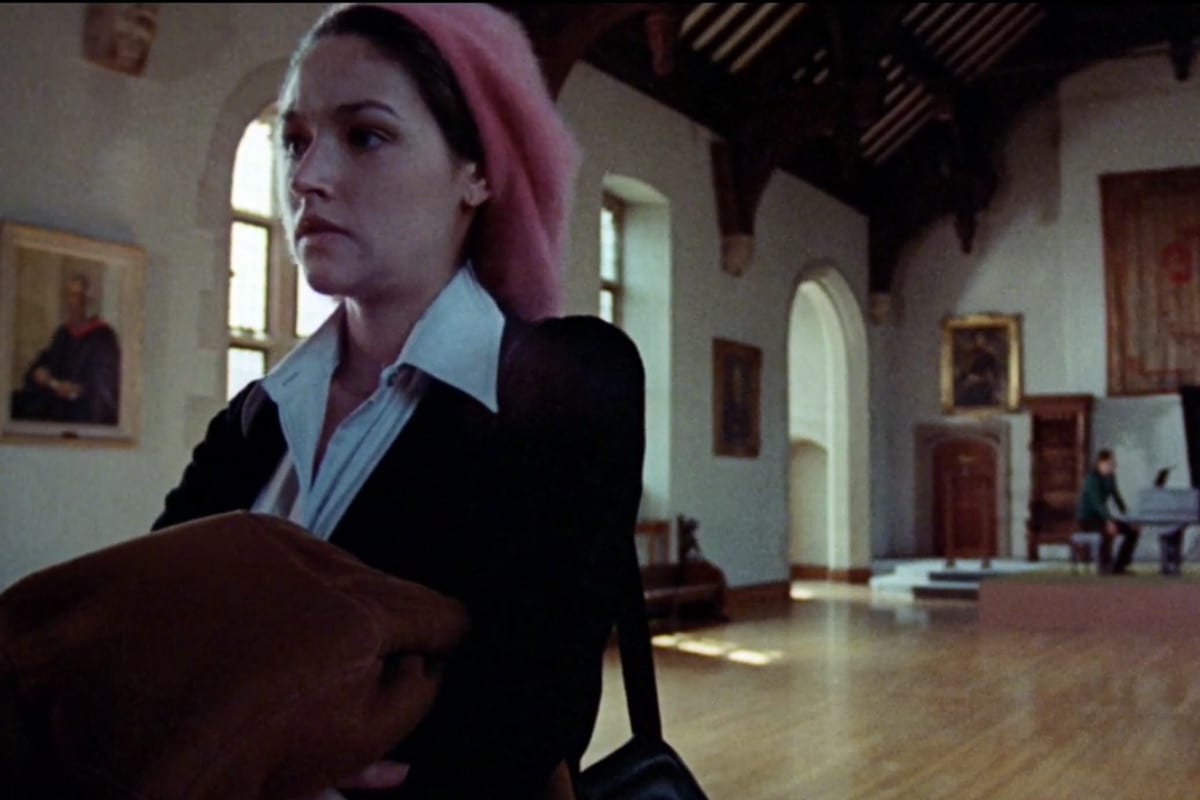Abortion. It’s not a word you should ever feel ashamed to mention. We all know, by now, what’s happening in the U.S. regarding abortion rights, including the exclusion of trans folks from the conversation. There’s plenty of information surrounding what’s happening from a legal and political standpoint, and such information will explain better than I could. I implore folks to educate themselves. You can also donate to organizations (such as the National Abortion Organization) or directly to folks you know who may need help with accessing services.
On the same note, none of this is new, and neither is the exploration of bodily autonomy across media, as a result. In fact, horror is the one genre that explores bodily autonomy quite frequently. Rosemary’s Baby (1968), for instance, is an example of having no choice regarding what’s happening to you. Black Christmas (1974) touched on it in a very blunt way, I might add. This film is a horror cult classic, a movie that’s hailed as one of the first slashers, and women are at the forefront of the movie the entire time—including the incompetence of the police in terms of believing the sorority girls.
As the movie unfolds, it’s revealed that Jess’s (Olivia Hussey) boyfriend, Peter (Keir Dullea), got her pregnant. And rather than squealing with excitement, Jess meets up with Peter to tell him she wants to have an abortion, and Peter tries to paint her as selfish (he’s an asshole the whole movie) for not wanting to be pregnant. His behavior becomes increasingly aggressive, especially after his piano recital goes poorly (due to his own emotions). And naturally, Peter becomes a suspect in the film’s murders because of his strange behavior. Meanwhile, Billy, the real killer, is hiding in the attic of the sorority house.
Jess: Do you remember when we first met? You told me about your wanting to be a concert pianist. How it was your greatest dream. And I told you about some of the things I wanted to do. I still wanna do those things. You can’t ask me to drop everything I’ve been working for and give up all my ambitions because your plans have changed. Be realistic. I can’t marry you.
Peter: Sure you can! What does it change? We could be married. You could still do anything you wanted to do.
Jess: Peter, I don’t wanna marry you.
Peter: Alright, what about the baby?
The conversation goes about as well as anyone would expect, though Jess holds her ground and doesn’t let Peter intimidate her into giving in. Of course, Billy being in the house all along is scary as hell, though what’s also scary is Jess’s experience with Peter and how he refuses to accept her decision—that, in his mind, his desires go above what she wants to do with her life and body. Somehow, the death of a young girl in the park and Clare Harrison (Lynne Griffin) being missing (we, as the audience, already know Billy killed her) isn’t even on Peter’s radar.
All Peter cares about is trying to guilt Jess into not getting an abortion, which results in Jess killing him because of his suspicious behavior—a pretty strong message for all the potential Peters out there. Just don’t. All of the framing of Jess’ decision to have an abortion and be vocal about it is handled well by the film. She’s not seen as wavering in order to maintain her relationship. Jess is simply a woman who has dreams and ambitions that don’t involve being a mother. And she’s not positioned as a villain for choosing abortion, which is part of why this movie is hailed as a feminist horror film.
(featured image: Ambassador Film Distributors and Warner Bros.)








Published: Jul 11, 2022 05:53 pm